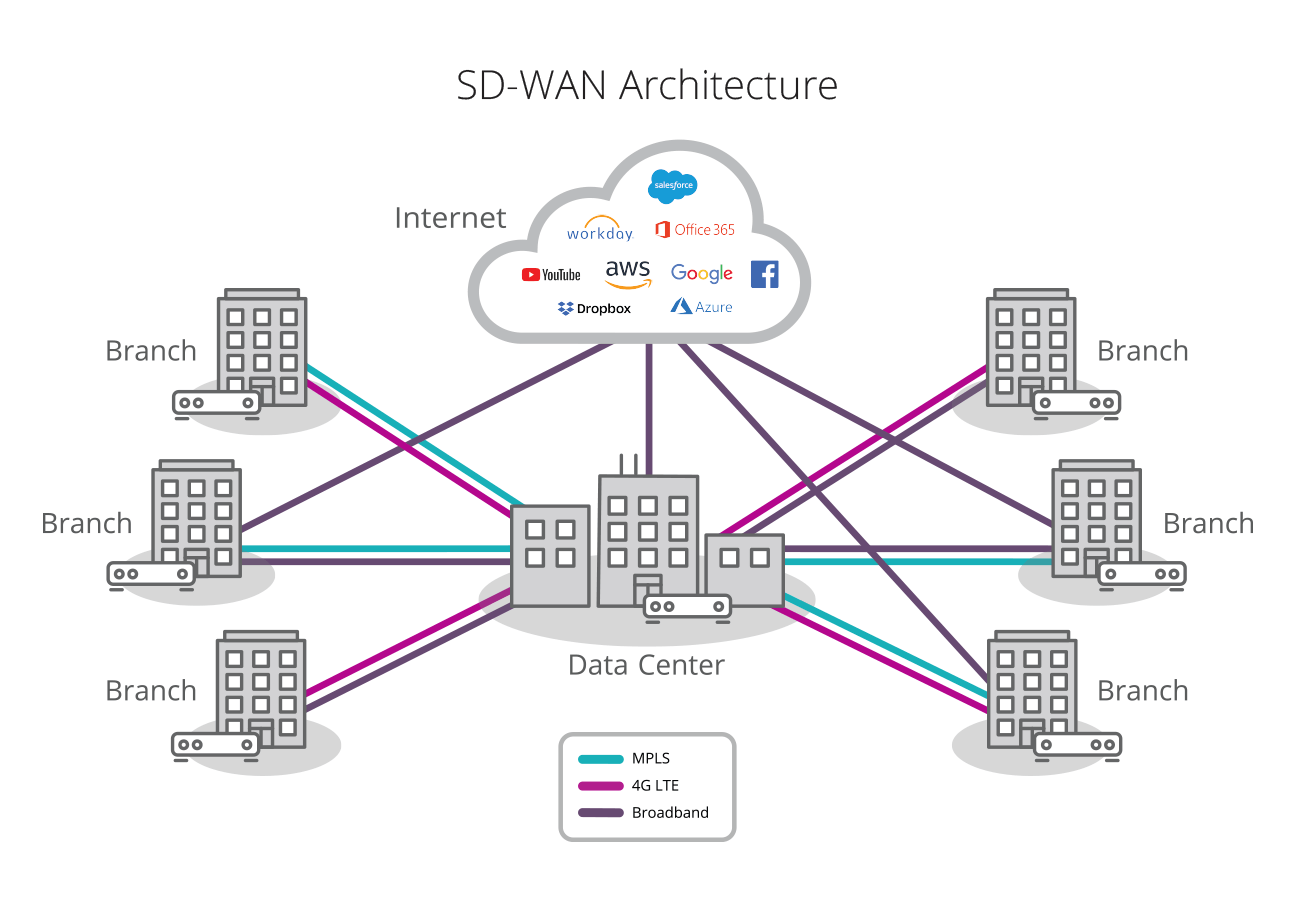

Overheating is also a common issue, and can cause irreparable hardware damage that can bog performance, or worse, put your expensive equipment out of commission. Servers are powerful machines that operate 24/7, which can pose a significant draw on your electricity bill. There is also energy requirements to consider. British Airways’ infamous outage, which lasted just 15 minutes, cost the company roughly £150million. Unplanned downtime can have sobering effects. Many companies who have local servers usually have dedicated technicians, even entire teams, who make sure data centres run smoothly – for good reason.
CONNECTING TO LOCAL CLOUD SERVER SOFTWARE
Companies are completely responsible for hardware upkeep and software upgrades. Total control is also a double-edged sword. You can buy the machine pre-made, or assemble it yourself if you have enough technical knowledge. An entry-level server, at a minimum, will cost you £400. In-house servers are generally more costly to set up and maintain. Companies who handle sensitive information will find that having local servers will give them an easier time through different territories. Under national data localisation laws in countries like Russia, China, and some parts of Africa, businesses are required to process and store citizens’ data inside the country.
CONNECTING TO LOCAL CLOUD SERVER FULL
More importantly, a local server also gives organisations full control over data and a better handle on security. And when something goes awry, in-house teams can immediately work on a fix – companies don’t have to sit on their hands while waiting for fixes from their service provider. In the event of power and Internet outages, companies can still keep critical functions running through a backup generator. Companies don’t have to look to costly specialists to keep their hardware and software running smoothly. Local servers, as the traditional choice, already have an ecosystem of experts, maintenance, and auxiliary services built around them. Now that we’ve gotten the nuts and bolts out of the way, it’s time to talk about the pros and cons of each option. Think of it as an Uber for data storage, but instead of cars, you borrow hardware. A company’s data may be hosted over several locations or virtual servers, depending on their provider’s setup. The Kolos Data Centre in Norway, one of the biggest cloud facilities in Europe, consumes a whopping 1000 megawatts in processing power. Each of these buildings houses endless rows of servers, that process massive amounts of data per second. But “the cloud” is actually millions of square feet of multi-storeyed mega data centres. Many users think of cloud servers as nebulous – pockets in the sky where data goes to magically be stored. You could have a couple of towers whirring away in cabinets, or a column of rack servers mounted on a wall. A physical server’s build varies widely based on a business’ computing needs. Often these equipment are tasked with managing and processing large volumes of data 24/7.Īlso called dedicated servers, local servers are physical equipment purchased solely for the needs of one company. Servers are units of computing hardware dedicated to serving specific tasks. Both options come with their own advantages and drawbacks. However, an increasing number of IT decision makers see increased use of cloud services in their future.

Some 75 percent of businesses still rely on data from local servers. The most prominent question for many owners is where best to store data: on local machines or migrate to the cloud? Storage is now on top of the list of most businesses. Even small businesses manage some 47 terabytes of data, while the average sized company will see more than double the amount, according to a study by Hubspot. Cloud vs Local Servers: Weighing up the Pros and Consĭata management used to be the concern of companies in the IT industry.


 0 kommentar(er)
0 kommentar(er)
